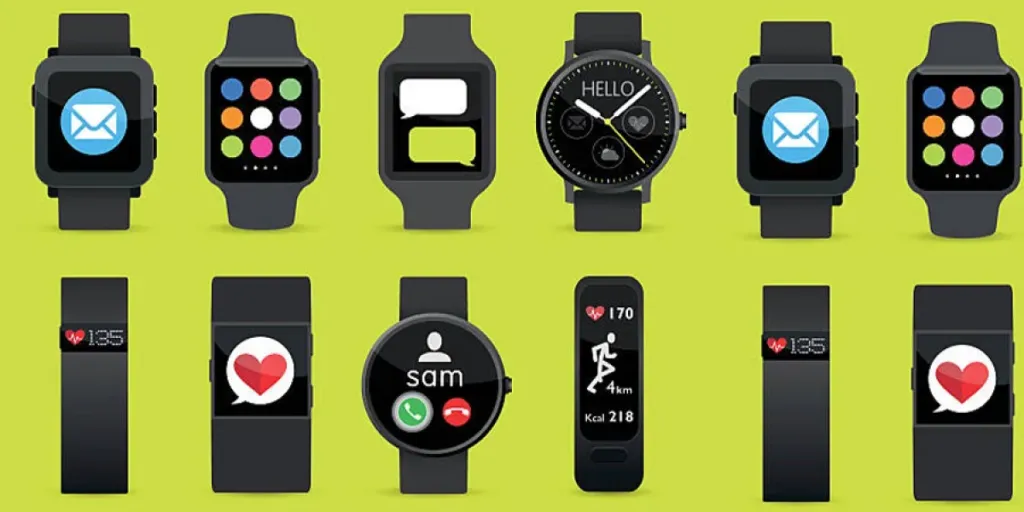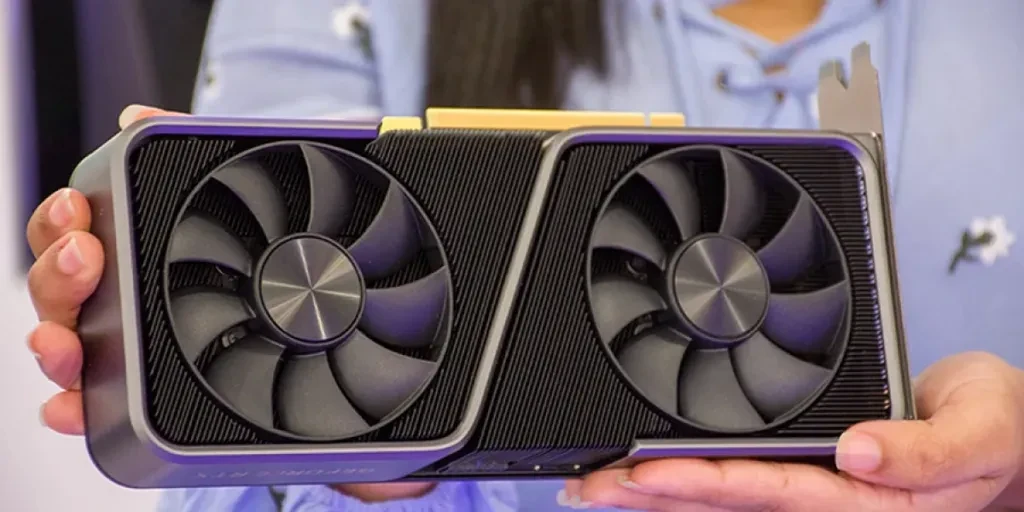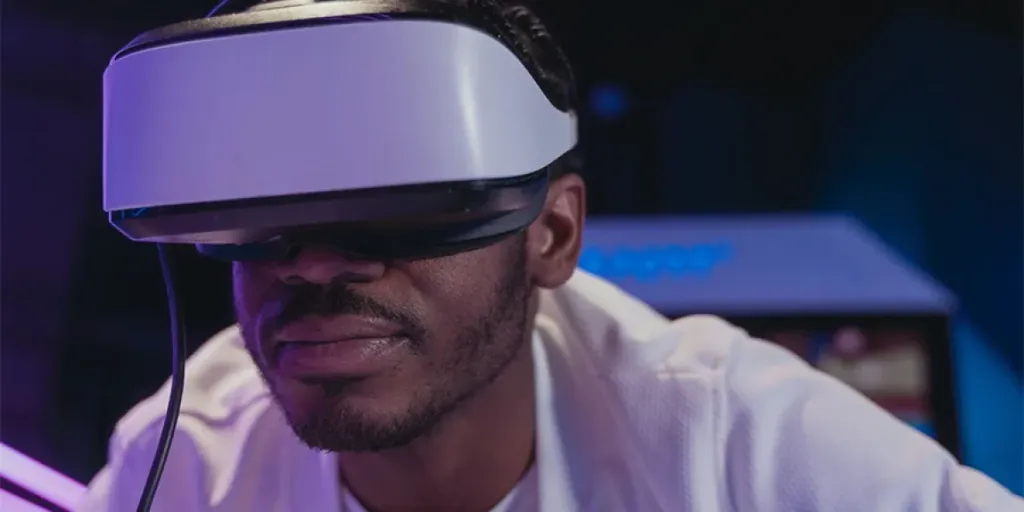Toothbrushes used to be simple devices people could only used manually. Well, not anymore. Nowadays, thanks to electric toothbrushes, people can brush their teeth without scrubbing. But what’s the preferred electric toothbrush among consumers?
In this guide, we’ll explore the differences between the different types of electric toothbrushes to help you determine which one suits your customers.
Table of Contents
Rotating-oscillating vs. sonic toothbrushes: what’s the difference?
Benefits of electric toothbrushes
Verdict: what’s the ideal electric toothbrush?
Rotating-oscillating vs. sonic toothbrushes: what’s the difference?
There are two types of electric toothbrushes: Rotating-oscillating and sonic toothbrushes. Before purchasing either one, here are the key differences you need to know between the two.
Brush head design
Rotating-oscillating toothbrushes have small, round brush heads that rotate back and forth to clean the teeth.

This design makes them perfect for individuals who have trouble brushing hard-to-reach teeth, like the back molars.
On the other hand, sonic toothbrushes have an oval brush head (similar to manual toothbrushes).

As a result, sonic toothbrushes are perfect for people transitioning from manual toothbrushes to electric ones because they feel like manual toothbrushes.
Brushing technique
Rotating-oscillating toothbrushes have brush heads that rotate back and forth about 2,500 to 7,500 times per minute to clean the teeth. This high-speed rotating motion makes their bristles excellent at removing plaque from the teeth.
Conversely, sonic toothbrushes use a brushing technique similar to conventional toothbrushes. However, unlike conventional toothbrushes, their bristles can vibrate up to 30,000 times per minute, eliminating the need for manual scrub brushing. As a result, they are equally as effective at removing plaque from the teeth.
Ease of use
While both types of electric toothbrushes require less effort to use than manual toothbrushes, rotating-oscillating toothbrushes require slightly more effort. They require users to lightly press the brush head on each tooth when brushing.

On the other hand, sonic toothbrushes don’t require any pressing. Users simply need to glide the brush through each of the mouth’s zones, and the vibrating bristles will take care of the cleaning. This quality makes sonic toothbrushes ideal for people with hand mobility issues, like carpal tunnel syndrome.
Benefits of electric toothbrushes

While the two types of electric toothbrushes work differently, both offer several benefits over manual toothbrushes. Some of these benefits include:
Hassle-free brushing
Electric toothbrushes make brushing teeth a breeze. Once turned on, users need to glide them along the teeth, and they’ll do all the cleaning. There’s no need for manual brushing. This feature makes electric toothbrushes perfect for kids who dislike brushing their teeth.
Improved dental hygiene
Various studies show that electric toothbrushes are better at enhancing oral health than manual toothbrushes.

A study conducted over 11 years found that electric toothbrushes are better at reducing tooth loss than manual toothbrushes. Another study found that electric toothbrushes are more effective at removing plaque than their manual counterparts.
Ideal for people with orthodontic appliances
People who wear orthodontic appliances, such as braces or implants, often struggle to brush hard-to-reach areas — especially children. Like water flossers, electric toothbrushes make it easier to remove plaque in hard-to-reach places compared to manual toothbrushes.
According to a study that compared the effectiveness of different toothbrush types among patients with fixed orthodontic appliances, the patients who used electric toothbrushes had less plaque than those who used manual toothbrushes at the end of the study. As a result, electric toothbrushes are ideal for people who wear orthodontic accessories.
Advanced features
Electric toothbrushes have several sophisticated features that barebones manual toothbrushes don’t have, such as:
- Timers: Dentists recommend that people should brush their teeth for at least two minutes. Many electric toothbrushes have two-minute timers to ensure users adhere to this best practice.
- Pressure sensors: Some electric toothbrushes have sensors that gently pulse to alert users whenever they’re brushing too hard.
- Smartphone apps: Premium electric toothbrushes come with smartphone apps that track brushing habits and provide useful recommendations. For instance, dentists recommend that people should replace their toothbrushes at least thrice annually. Many electric toothbrushes remind users to replace their brush heads quarterly to ensure they follow this best practice.
- Various modes: Some high-end electric toothbrushes have multiple cleaning modes that users can select depending on their preference. For instance, some electric toothbrushes have a gum care mode tailored toward people with gum problems.
- Ergonomic designs: Many electric toothbrushes have ergonomic designs that make them easier to hold than conventional toothbrushes.
- LED lights: Some electric toothbrushes have LED lights. Besides improving the aesthetic of brushes, a study found that electric toothbrushes with LED lights enhance teeth whitening when used with carbamide peroxide.
Verdict: what’s the ideal electric toothbrush?
While electric toothbrushes are better than their manual counterparts, no electric toothbrush is better than the other, and it’s inconclusive which electric toothbrush is most effective.
Ultimately, the right electric toothbrush will largely come down to individual preference. While some people may prefer the brushing motion of rotating-oscillating toothbrushes, others may prefer the traditional feel of sonic toothbrushes.
Check out Chovm.com for a wide range of electric toothbrushes for every consumer preference.




